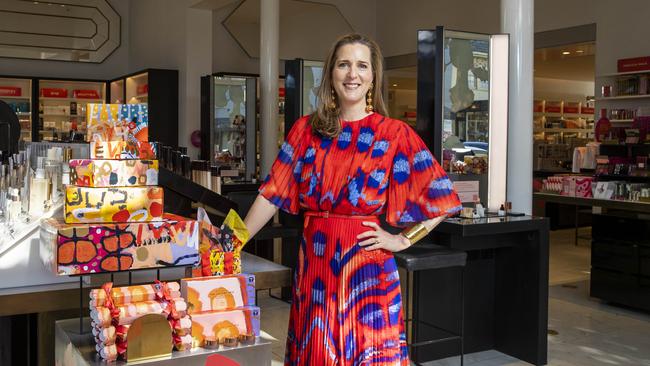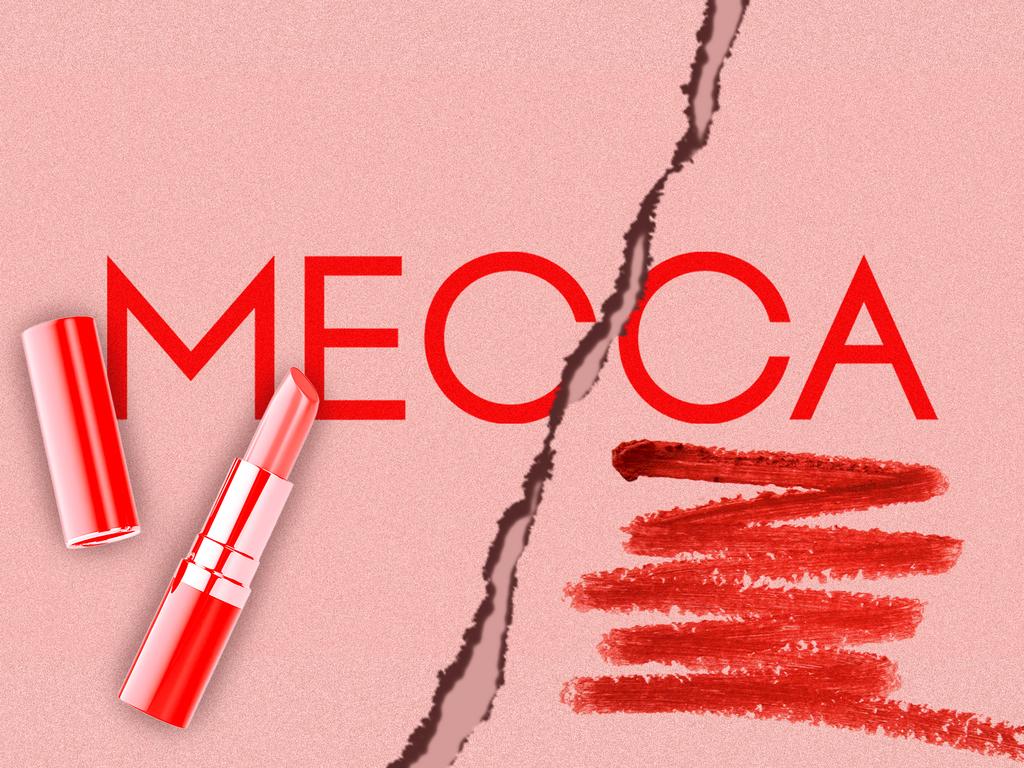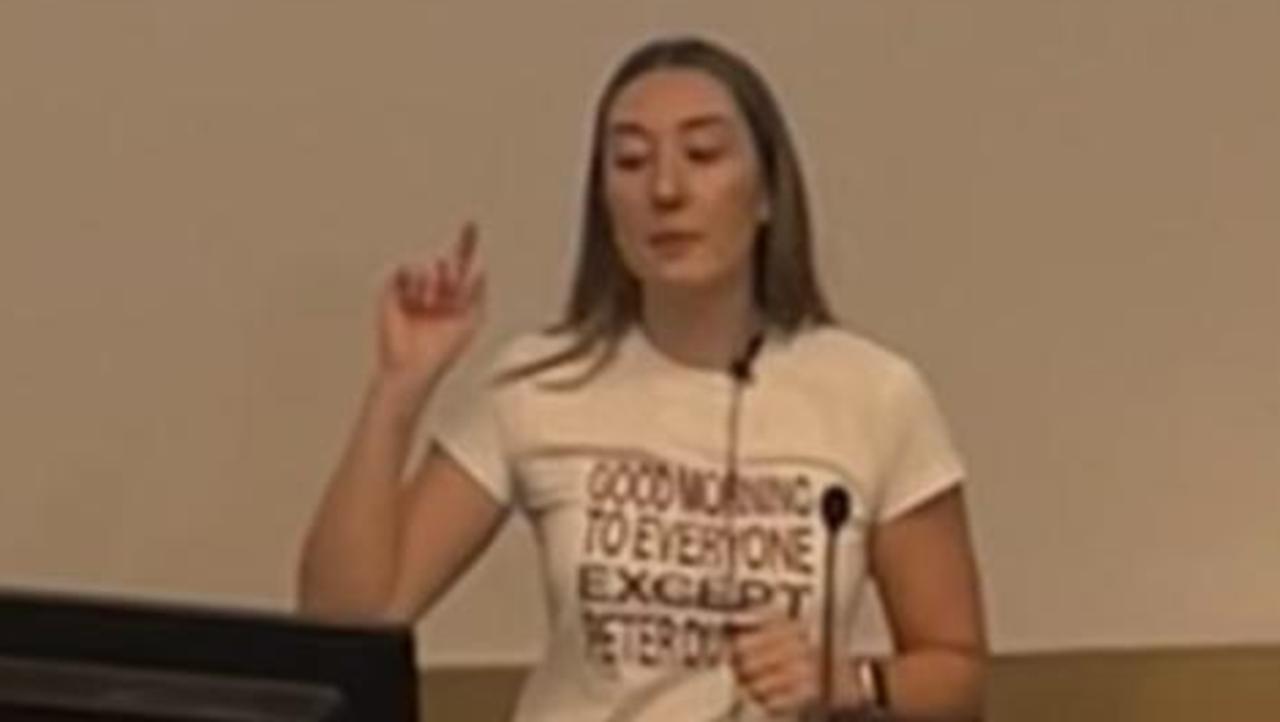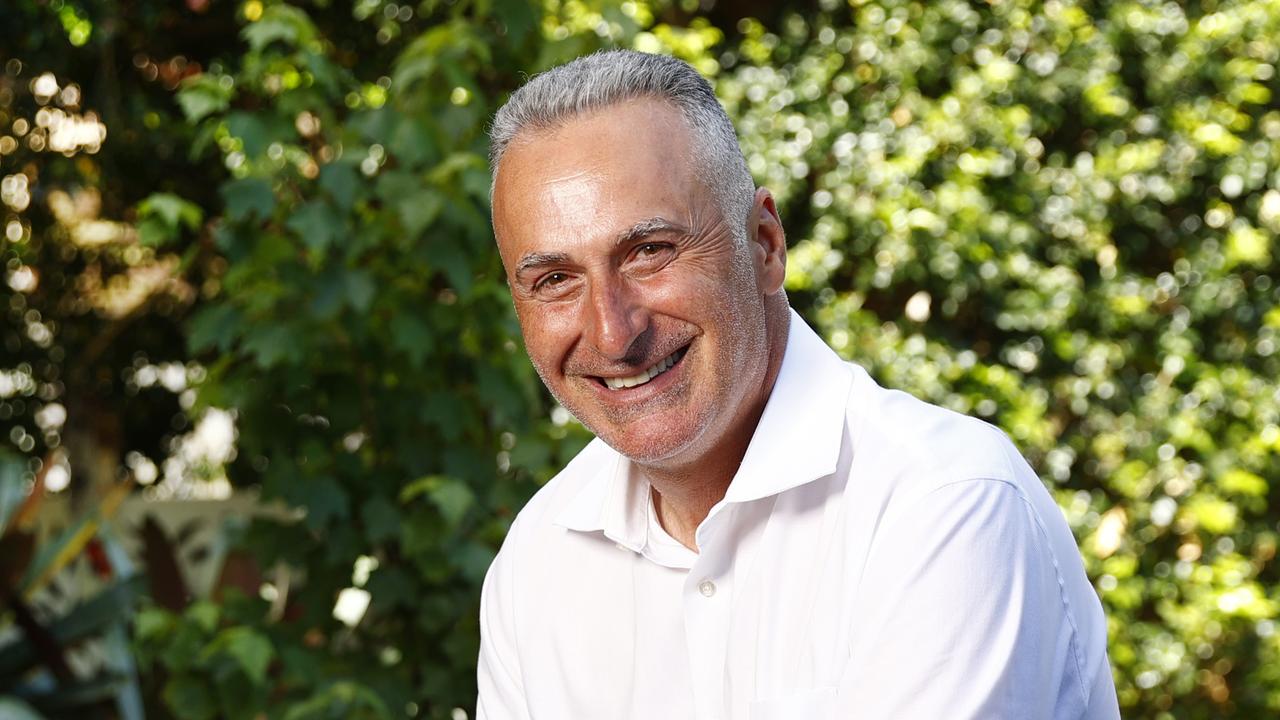Mecca brand and reputation protected – but at what cost?
Confidentiality agreements are increasingly common, experts say they contribute to a ‘culture of silence’.

Beauty giant Mecca is a wildly successful business. It has grown from one shop in Melbourne’s South Yarra in 1997 to more than 100 across Australia and New Zealand with an annual turnover of more than $570m.
It has also an extraordinary brand which, from personal experience, is based on personalised service the second you walk into a shop.
There are loyalty programs with free gifts based on how much money you spend at the business, a “Mecca Talks” podcast, and content for Instagram and TikTok.
It’s a brand that makes money mainly from women, and increasingly younger women, with a mission to empower them to “look and feel at their best”. Yet, some members of its workforce – 95 per cent of whom are women – have this year raised allegations against the company, ranging from breaches of workplace laws to claims of a high-pressure culture.
None will go on the record. Why? Alethea Larkin, Mecca’s former head of brand managing, settled her urgent Fair Work case, which had been lodged to stop management making her position redundant just before she was due to return from unpaid maternity leave this year. She signed a non-disclosure agreement and can’t talk about the case.
Anna Milligan, another ex-Mecca staff member, signed an NDA when she settled her human rights claim against the company in Victoria’s Civil and Administrative Tribunal last week.
My request to view Ms Milligan’s civil claim was delayed for months by VCAT, and just before deadline Mecca objected to the court releasing details of the case.
One source says employees only receive a settlement offer if they agree to an NDA and this has been the company’s practice for at least six years.
Leading human rights lawyer Prabha Nandagopal says NDAs can be appropriate to protect privacy and reputation, but can contribute to a “culture of silence”.
In her Respect@Work report, Kate Jenkins says: “The commission was told that NDAs were used by some employers to protect against damage to their reputation and business, often at the expense of the victim’s wellbeing, reinforcing imbalances of power in these cases.”
With restricted access to court documents, Mecca’s voice is the only one left to explain how its mission to champion equality for women is in line with settling disputes with confidentiality agreements.
The answer?
“It is standard business practice for parties to prefer that the details of the resolution of matters remain private,” a spokeswoman says.






To join the conversation, please log in. Don't have an account? Register
Join the conversation, you are commenting as Logout